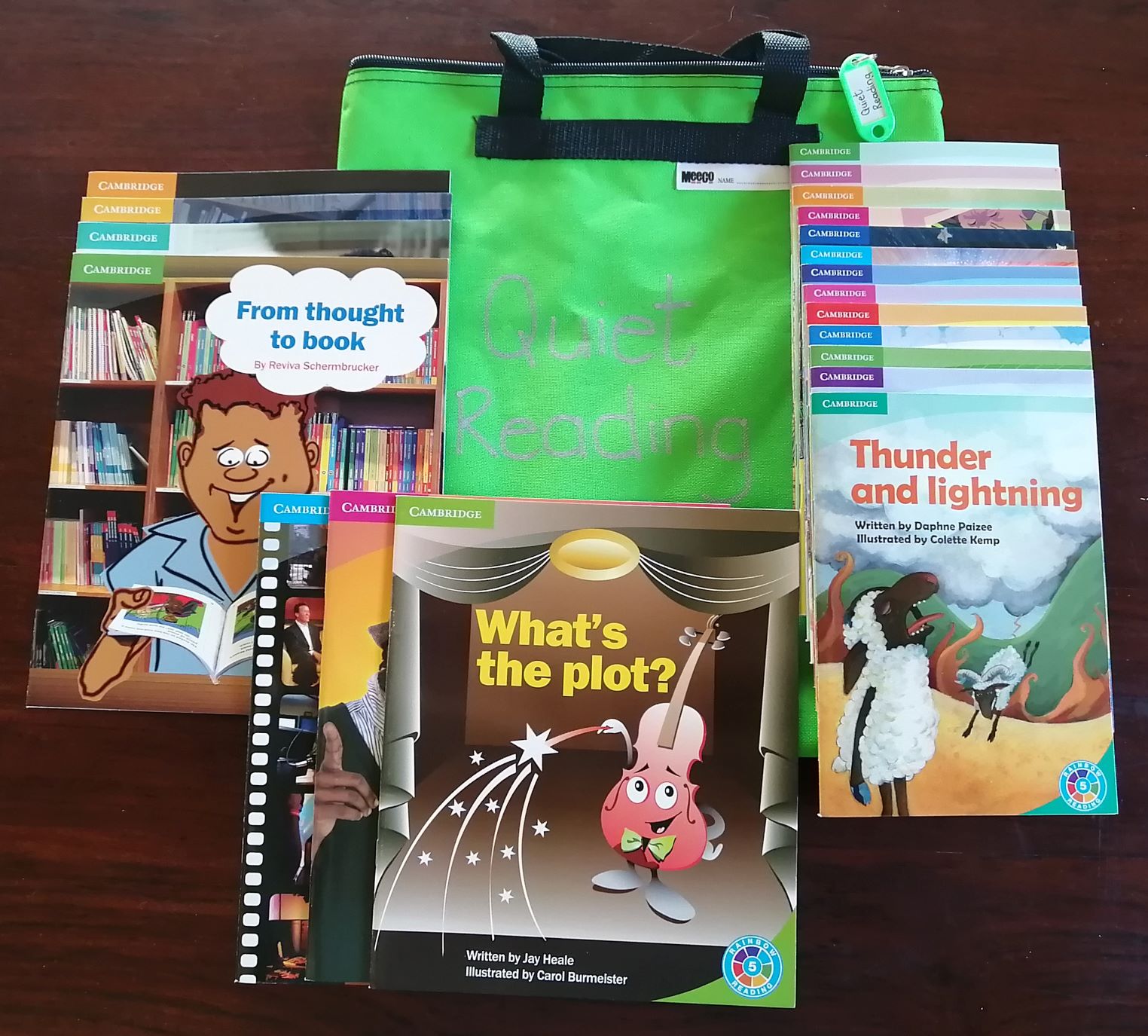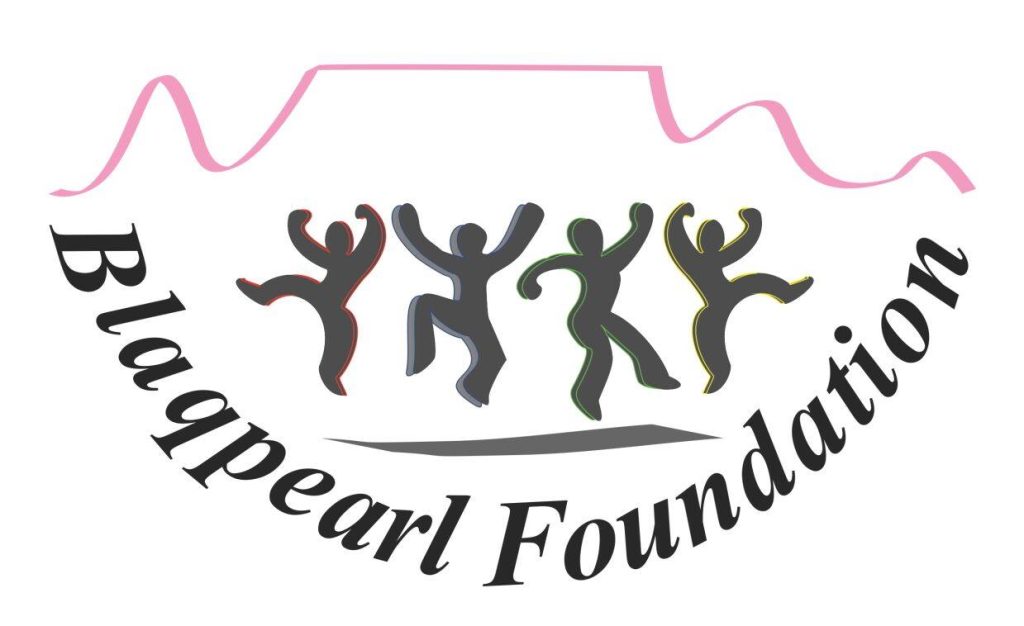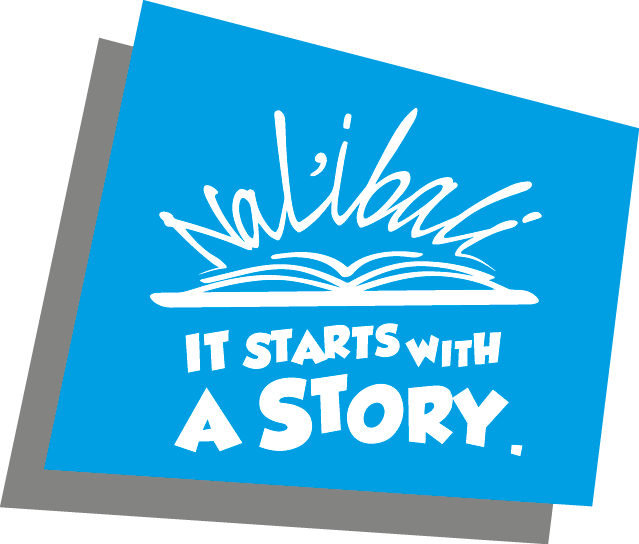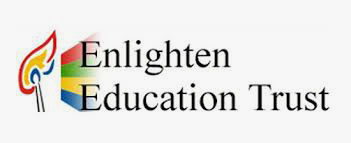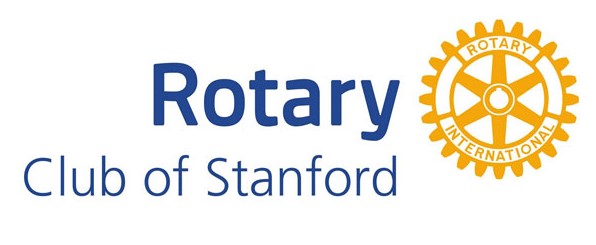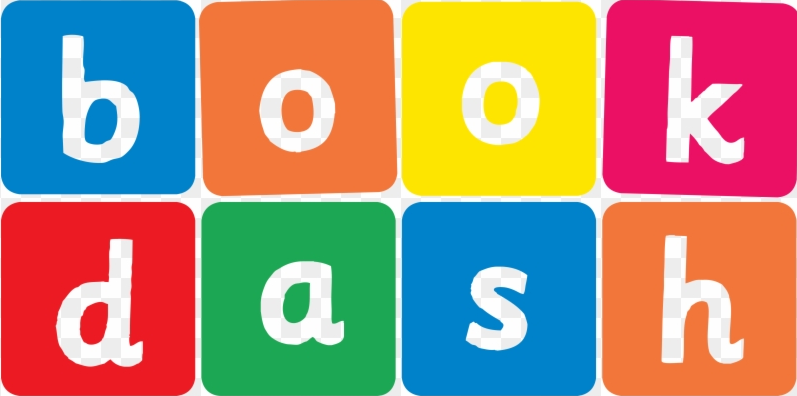How do we choose the books?
Keeping up with new books and reviving past favourites is an endless (but lovely) task. Thousands of new books are published every year … and then often go out of print in a relatively short time. Our booklists cannot be permanent as books so often become unavailable, or new titles appear. We work on this aspect constantly.
WHAT MAKES A BOOK SUITABLE?
Excellence. Whether it is fiction or nonfiction. A book has to be outstanding before it makes it onto our list. Then we test and trial the books with readers who are invited to be critical – and who instantly reject any reading they don’t like.
We are also sensitive to individual and cultural preferences and requirements.
COST
We would rather have three expensive books of excellence in a bookbag than ten mediocre books. Numbers of books in each bag will vary, but we include as many books as possible. Books have become steadily more expensive – but so has the quality of books available.
NEW OR SECONDHAND?
Books have to be in excellent condition before they are used in CBN workshops and book-club boxes – and all books in the toolboxes are new.
CHOICE
Readers have a right to reject a book if they don’t like it. They have a right to choice. We try to offer as much variety as possible in our material – and make no assumptions that there will be easy access to other books through libraries.
SOUTH AFRICAN OR INTERNATIONAL?
Both. Again, excellence is the only criterion. Children need books about their own world of experience – but they also need to read about other cultures, other landscapes. All our chosen books and all our specially written material reflect these needs.
FICTION OR NON-FICTION
Both. Each require reading with understanding. Often we match story with fact, writing and reading to provide a whole experience.
ADDITIONAL READING
We supply lists of books that could be ordered online – if they are available – as supplementary to what is in the toolboxes.
BUT THIS IS NOT SCHOOL …
We make it clear from the beginning that writing and thinking around our themes is private. Writing journals called Book-Books are not for inspection, assessment or marking. Discussion is encouraged … but there are no tests and no lists of ‘questions at the end’. Instead, readers are gently moved towards sensitive reading of texts, empathy with characters and understanding of situations – whether fiction or non-fiction.

